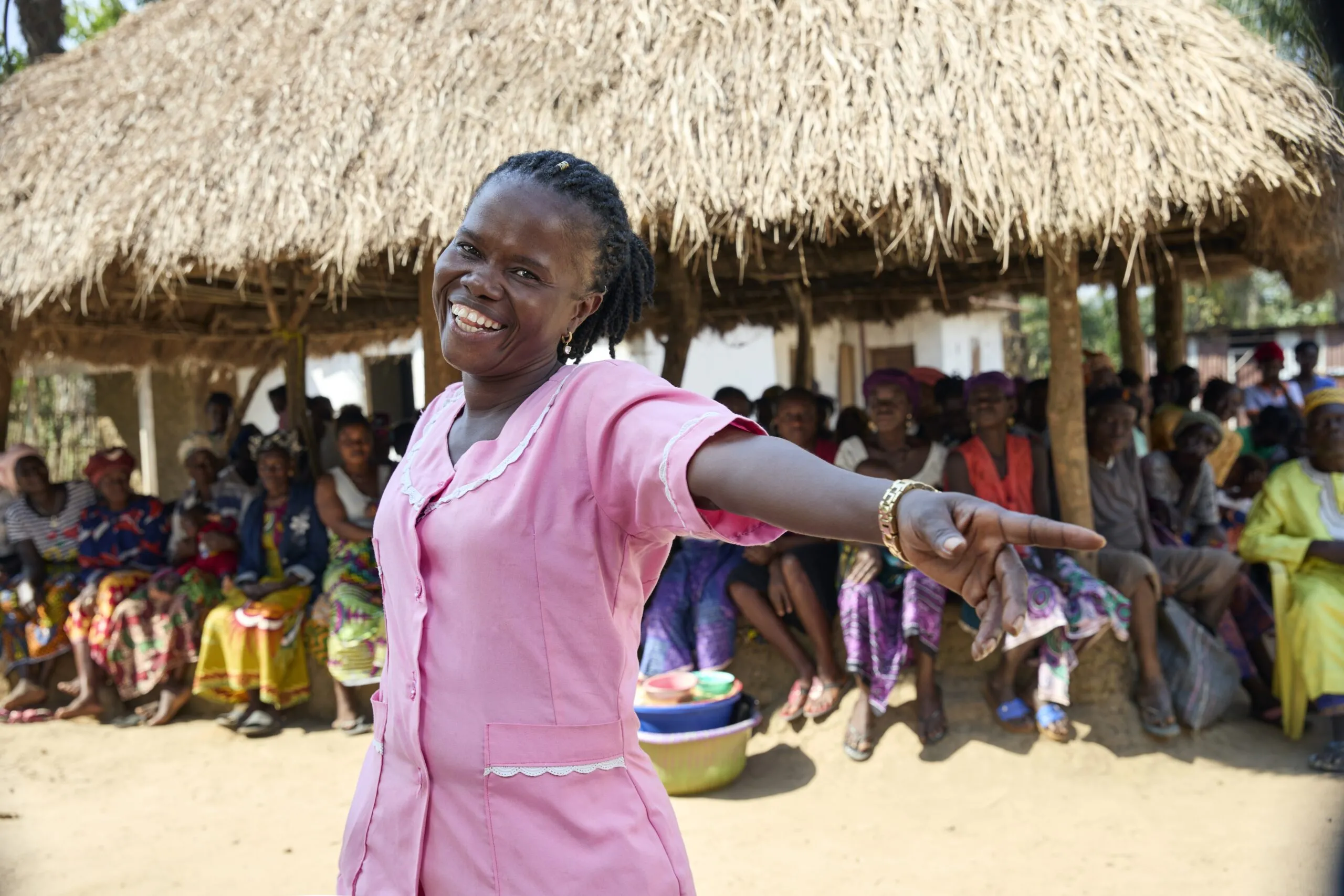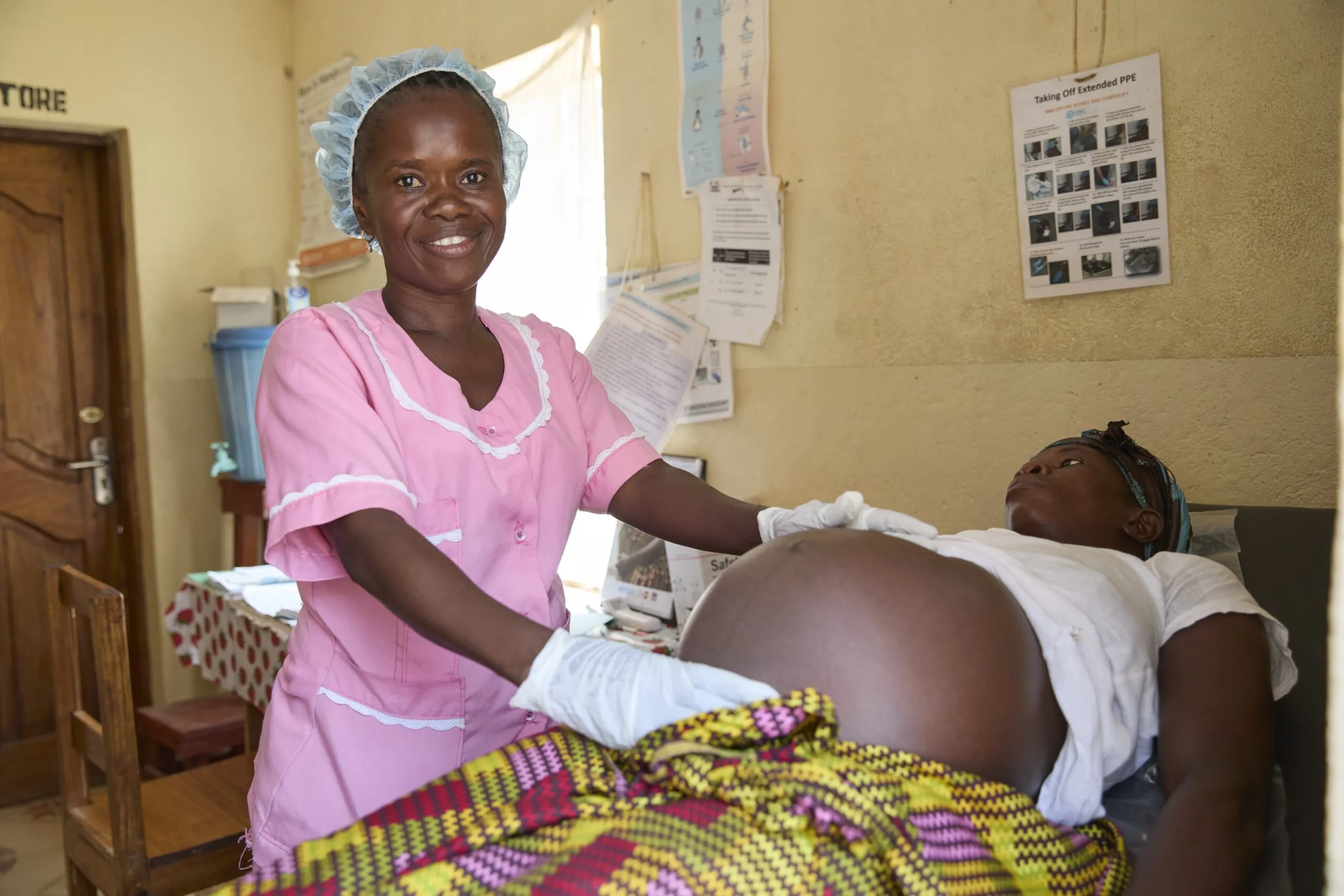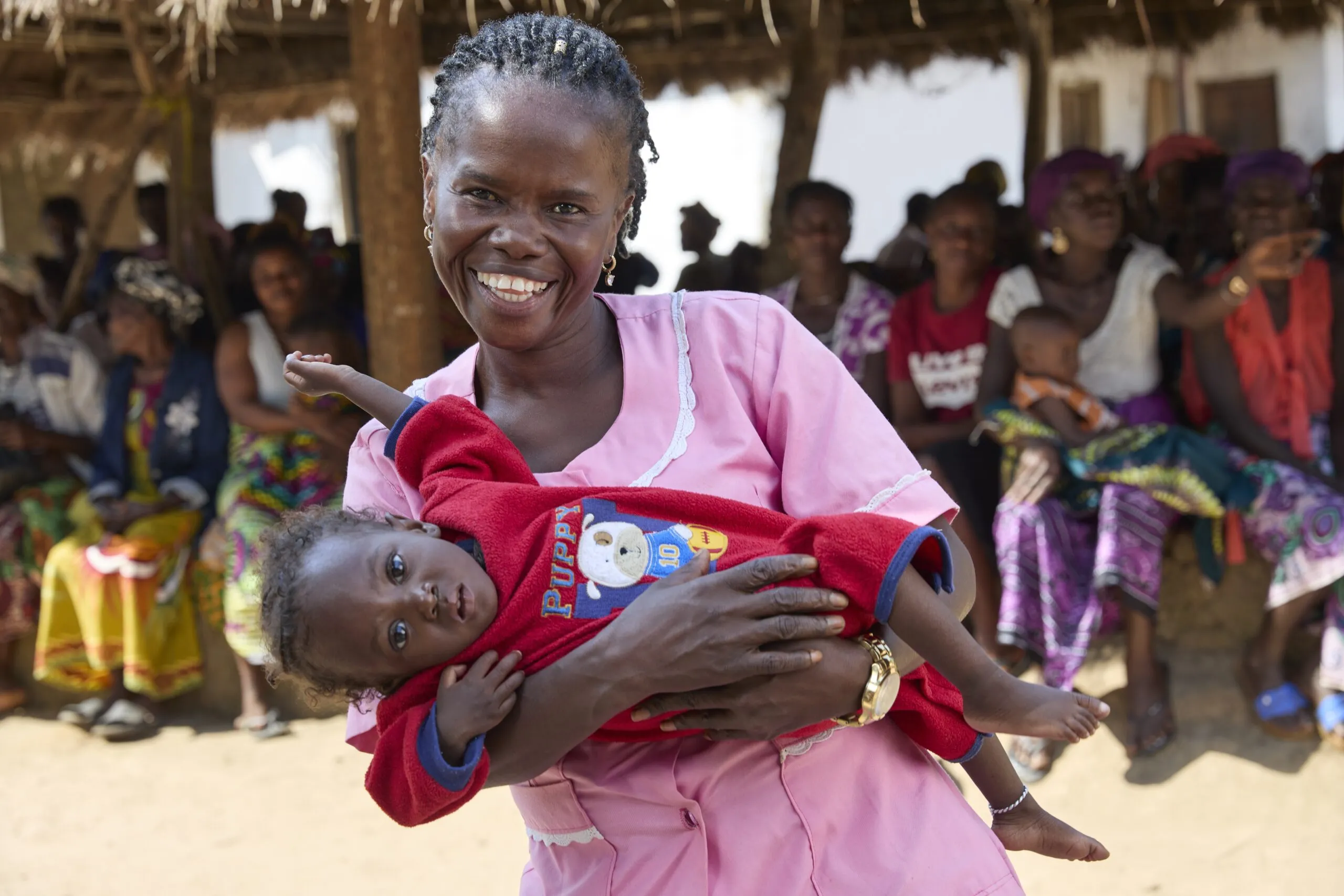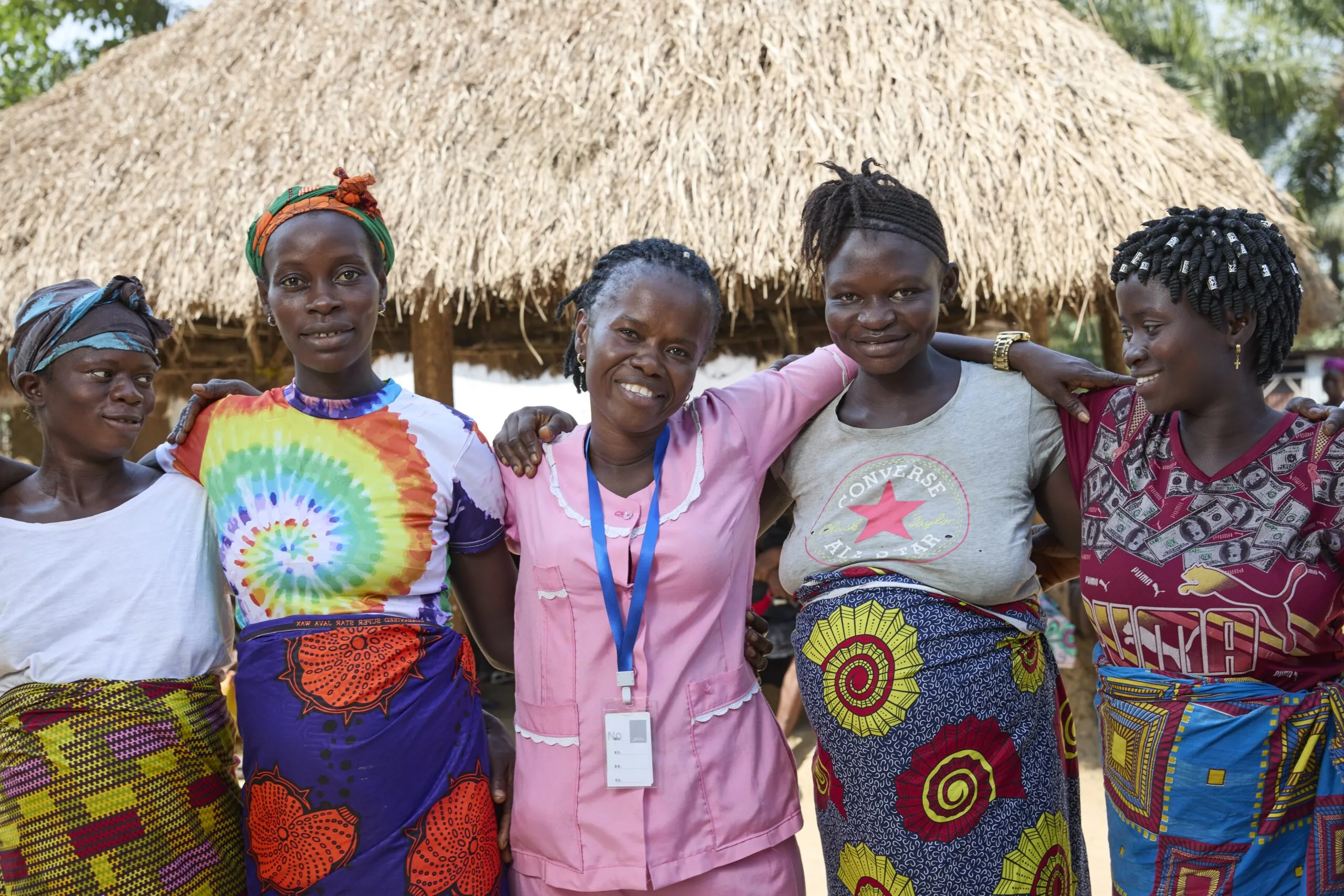According to World Health Organization (WHO) the maternal mortality ratio in Sierra Leone was 717 deaths per 100,000 livebirths and the neonatal mortality rate was 70 deaths per 1,000 livebirths, both among the highest rates in the world (2023). Hemorrhage, and premature births and birth asphyxia were the primary causes, respectively. Blame has been placed on poor sanitation, limited access to care, and quality of that care.
The village of Mayossoh is so remote, it’s amazing there is a facility here at all. Given the statistics, it’s hard to imagine what would happen if it was not.
Thankfully, the women of this community and those surrounding it know they can come here at the most delicate time of their lives and receive the care they need.




